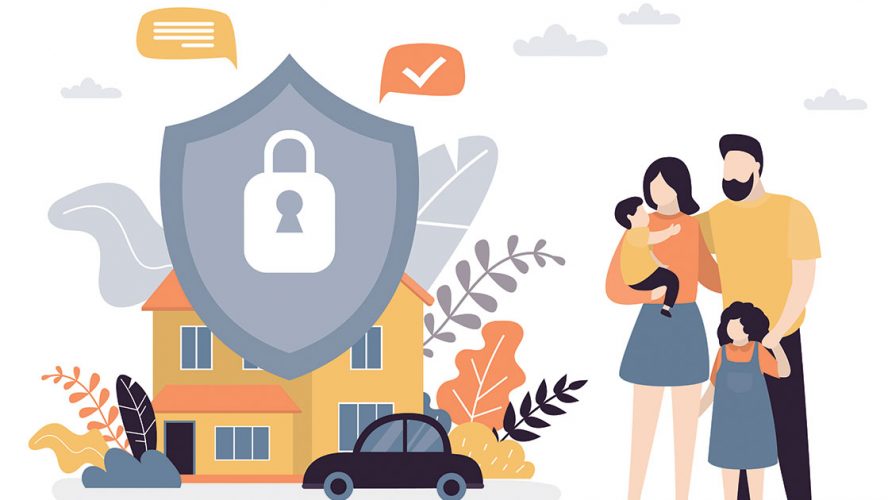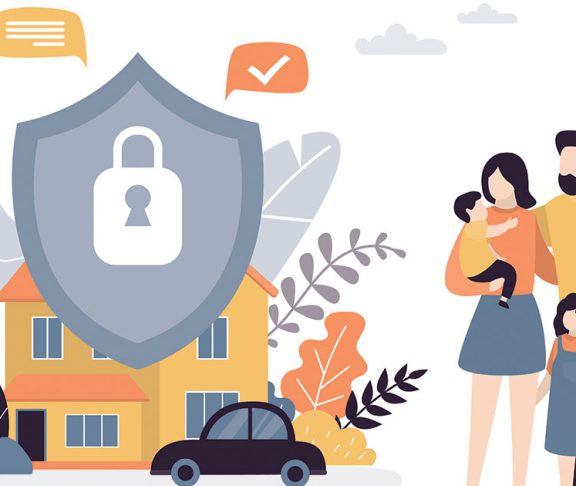With people returning to the office to work — and leaving their homes empty during the day — security is more important than ever. International security expert Richard Soloway, who founded NAPCO Security, shares tips on how to protect your home, your family, and your valuables.
Security is top of mind for many these days as the world recovers from the COVID-19 pandemic.
“Because houses are empty, and because you have a lot of people who are not doing so well in the economy, certainly a lot of burglaries are taking place,” Soloway says.
With over 30 years of experience working in security, including launching NAPCO out of his garage in Nassau County, New York, Soloway ranks among the foremost leaders in both commercial and residential security.
While there are plenty of low-tech and no-tech tips he suggests for securing your home (lock your doors, trim shrubbery to reduce hiding places, start a neighborhood watch, etc.), Soloway says there is no substitute for a professionally installed and constantly monitored security system.
The right system
According to Soloway, houses that have security systems lose, on average, $400 less of goods when burgled than homes that don’t have them. And often, would-be thieves will be deterred just by seeing signs that say a home is protected by a reputable home security device.
However, just having any old security system isn’t enough to provide peace of mind — there are quite a few things to consider.
First, you need to make sure your system is professionally installed and monitored by a reputable local company that specializes in home security — no multinational conglomerates that just happen to have a home security department.
Soloway adds that home security is no place for a do-it-yourself job, either.
“This is too critical for DIY,” he says. “The components may fail if they aren’t professional grade.”
Having a two-piece security hub is a critical feature in a home security system. While an all-in-one system that can be controlled from a panel next to your door looks nice and is convenient, it’s also too easy for intruders to locate and destroy, rendering it useless in an emergency.
You should also have a security system that uses a cellular radio — and not copper landlines — to report incidents. Not only are landlines becoming obsolete, the copper wires around your home can be cut by intruders, leaving the alarm unable to contact emergency services.
The most important thing Soloway stresses is to find a reputable local alarm specialist and consult with them before installing anything.
“They know demographically what’s going on in every town and city in the United States,” he says, “They will recommend the right type of equipment that’s necessary to protect the premises of your home.”

